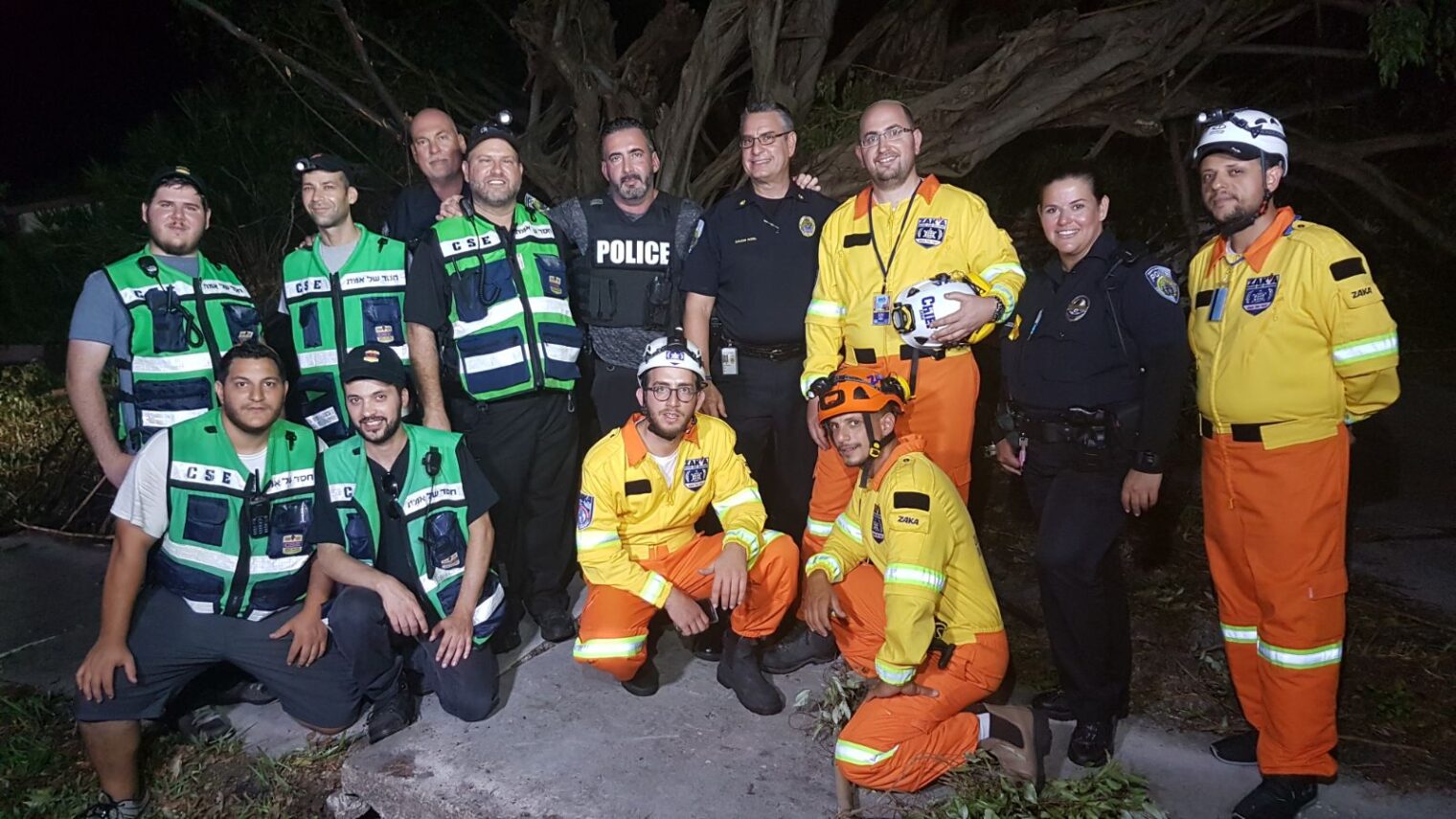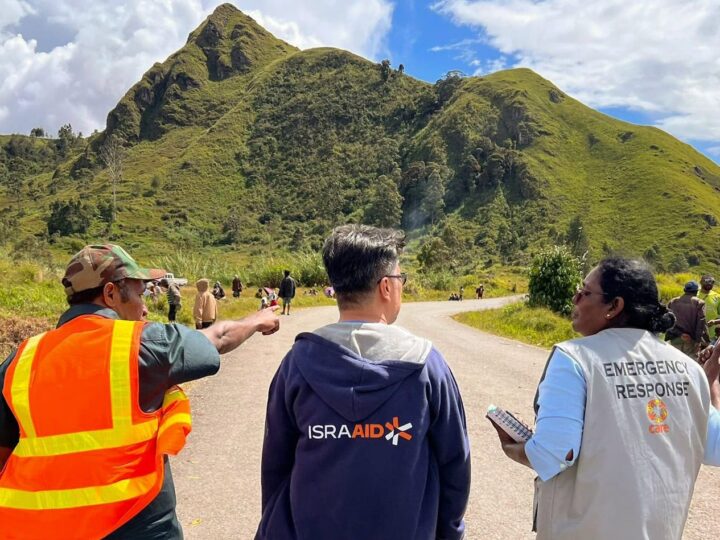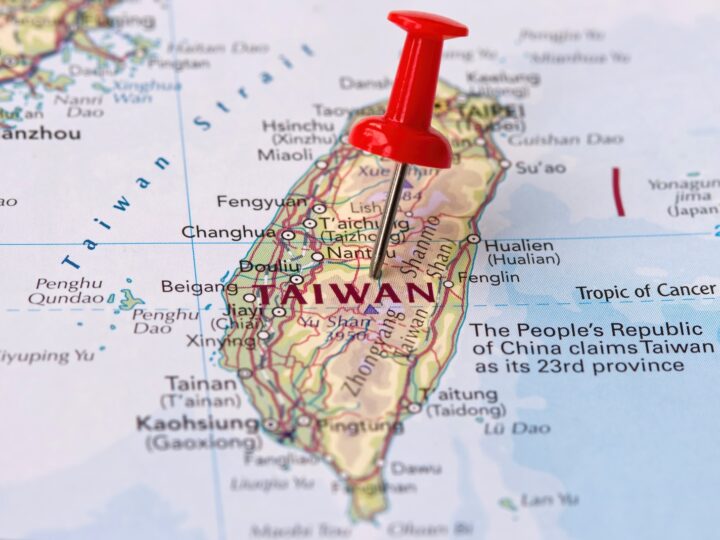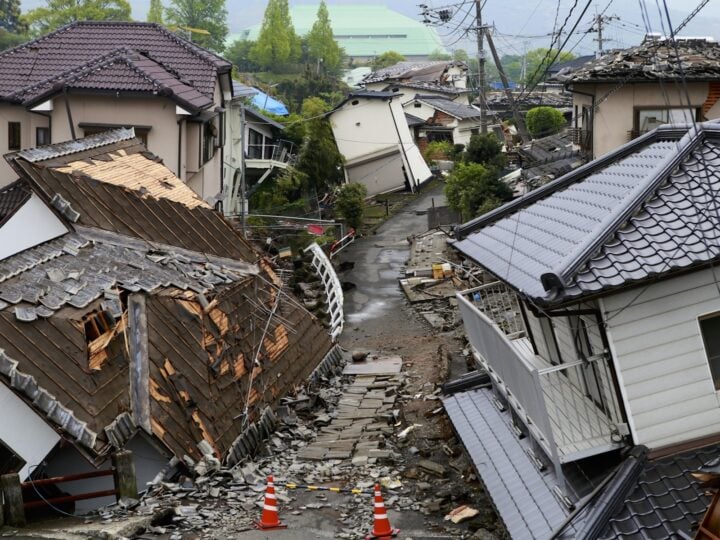On a house-to-house mission in the Florida Keys, search-and-rescue volunteers from Israel discovered an ailing American military veteran who’d spent four days without water, electricity or telephone reception in his home as Hurricane Irma wreaked havoc outside.
“You are the first people to come down here and offer aid,” the grateful man told Tamar Citron, a member of the team from the Israel Rescue Coalition and United Hatzalah.
“We provided him with water, food and a lot of positivity,” Citron reported. “We notified local authorities and EMS teams and made sure that they followed up. Unfortunately, there are many people stuck on the Keys right now without access to food, water, electricity or a method of communication. Our entire team is heading down to the Keys to help rescue more of these people.”
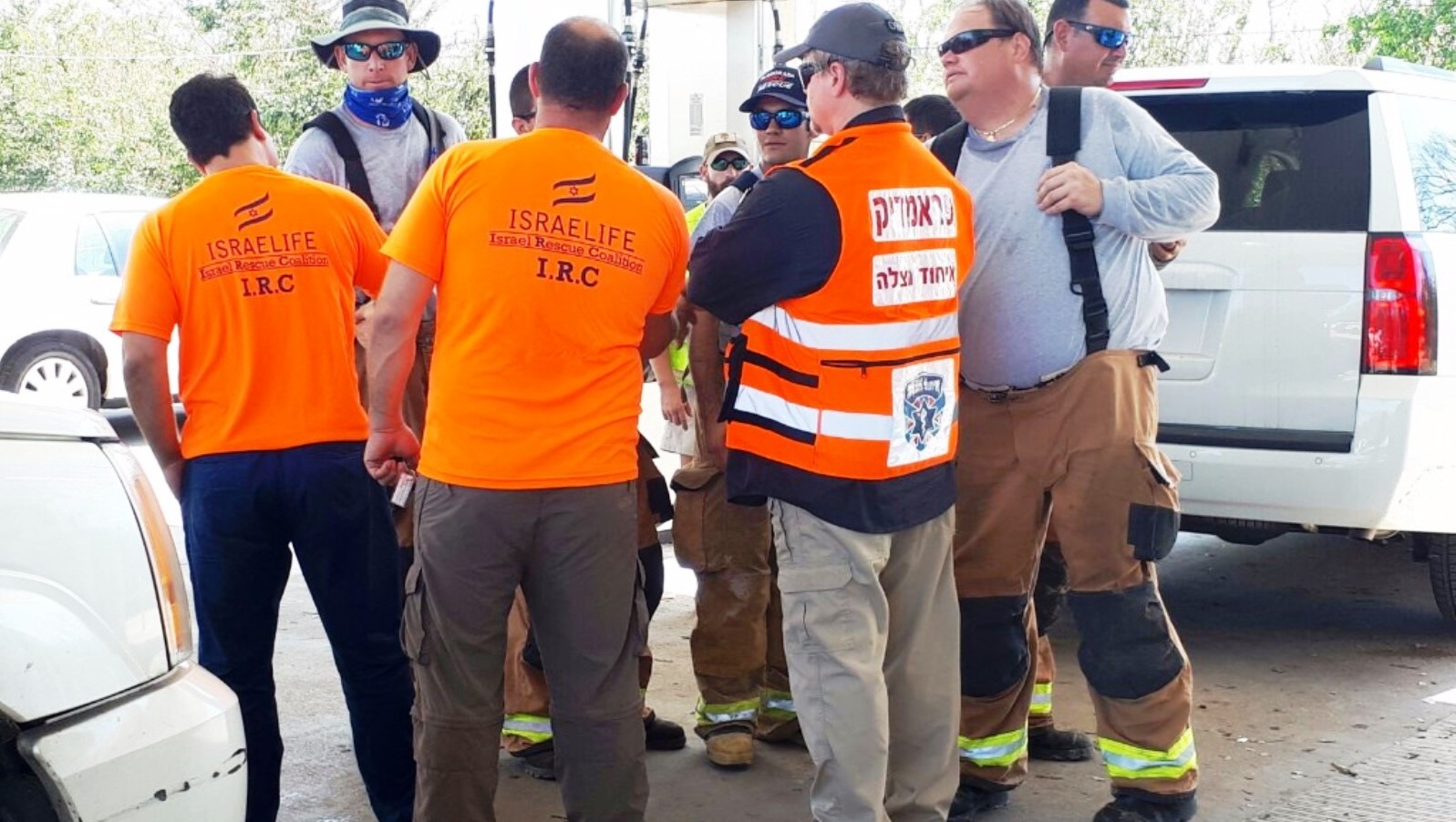
Citron and volunteers from other Israeli humanitarian aid groups, who dropped everything to fly over and assist in the aftermath of Hurricane Harvey in Texas and Hurricane Irma in Florida, are finding their expertise is needed and appreciated. Israel is the only country to send multiple groups of volunteers in addition to material aid.
“Our first night in Texas [September 8] we went to a restaurant and the waiter asked us if we were in Houston for business or pleasure,” says Smadar Harpak, a therapeutic clown with Israel’s Dream Doctors Project.
“We explained that our business is pleasure, that we came to work with families who lost their homes. With tears in his eyes, the waiter said, ‘Nobody comes because they think we’re a rich country and don’t need help. It’s exciting to know someone cares about us.’ And we realized there is a lot to do here,” Harpak tells ISRAEL21c.
Her 20-hour journey with co-clown Penny Hanuka was arranged by Israel’s Foreign Ministry and the Israeli Consulate in Houston. They have been on past humanitarian missions to Europe, Nepal and Haiti. In Texas they’ve been working in Houston and Dallas shelters, hospitals and schools.
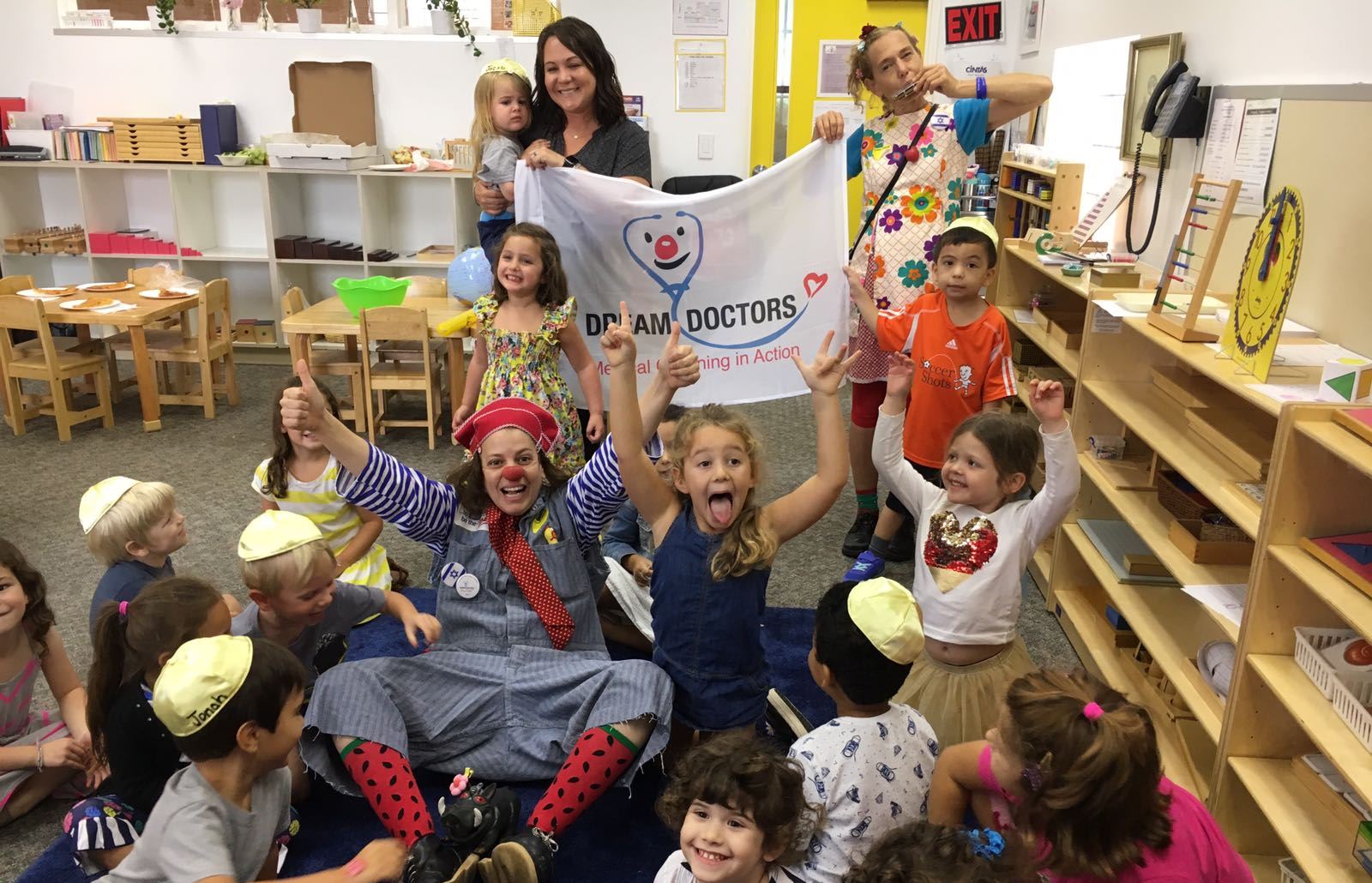
“We bring the clown approach to help people touch the trauma and deal with the trauma. Most of the damage was not physical, but there is emotional damage and we deal with that,” says Harpak, a Dream Doctors staff member of Dana Children’s Hospital in Tel Aviv. “This is the most important thing when people lose their homes and history and are terrified for the future.”
In the course of their relief work, the women met Tomer Kaplan, Haim Dagan and Itzik Mor, volunteers from Israel’s Magen David Adom national first-response network. This was the first time that MDA teams were invited by the American Red Cross to assist in a domestic disaster.
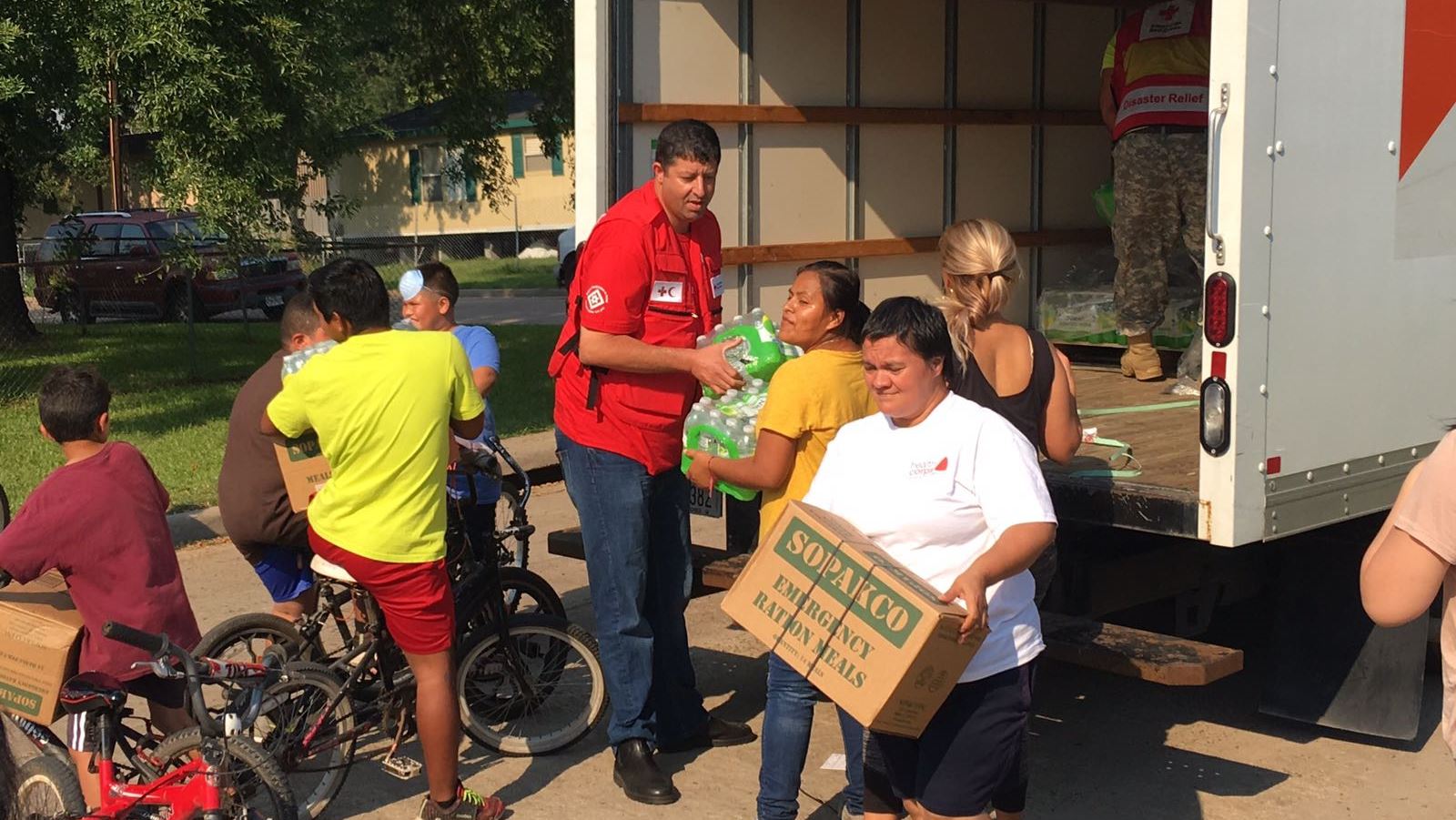
“The destruction is immense,” reported Dagan.
”During the first couple of days here, we visited different shelters with the Red Cross to figure out what items civilians were missing. Then we loaded trucks with those items and distributed them to people requiring water, warm food, blankets, hygiene products, clothing, cleaning agents and more.”
Mor described driving through blacked-out residential areas, honking their truck’s horn to alert people still in their homes that help was available. They stopped often to hand out supplies.
“This is a physically taxing mission that extends over long hours, but the smile and gratitude on the face of civilians is worth the effort,” he said.
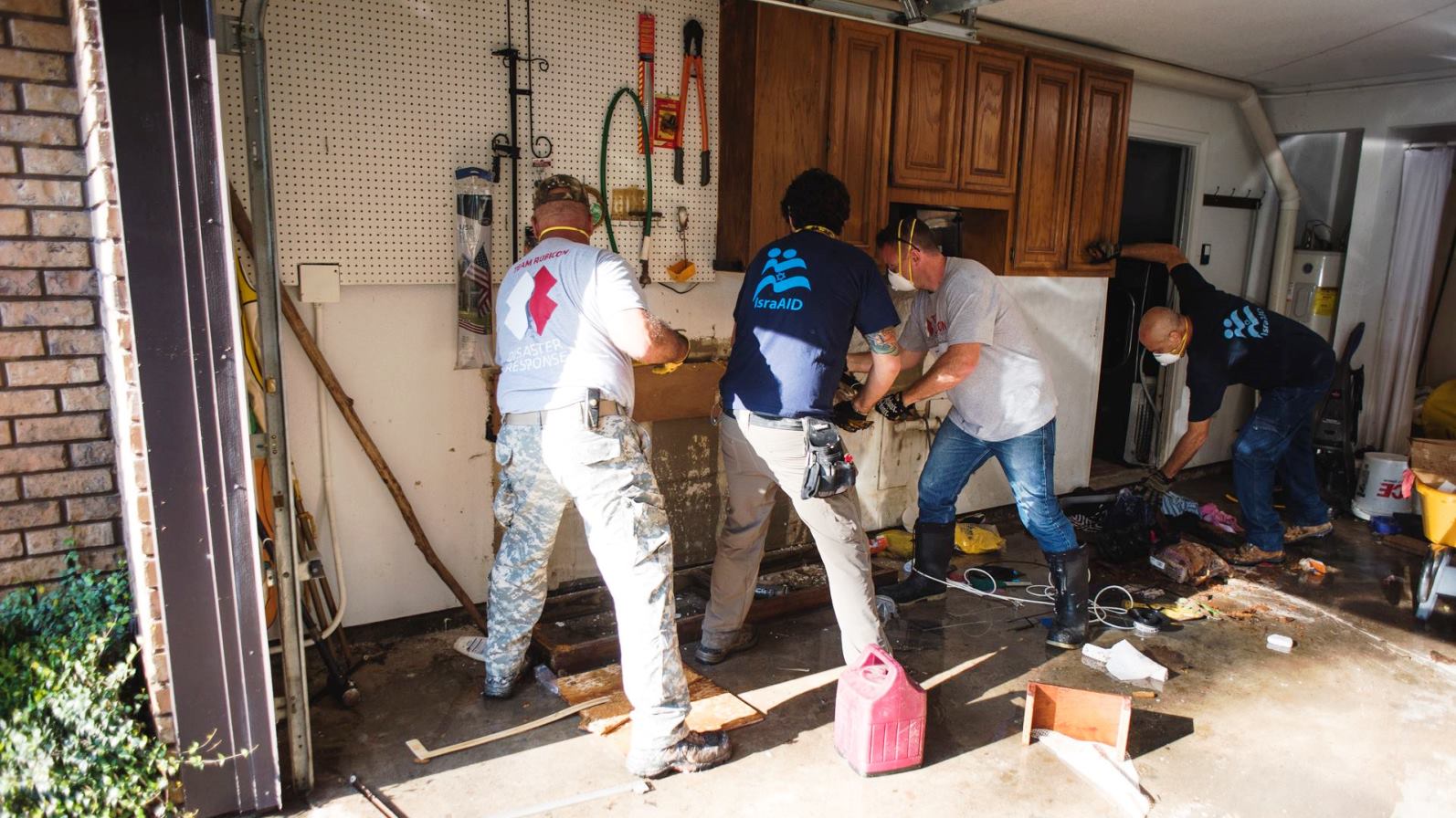
Israeli humanitarian group IsraAID was among the first to arrive in Houston after the hurricane. A second IsraAID relief team landed on September 10 to assist in clean-up efforts after mass flooding.
“Our emergency management team is currently planning how to aid the long-term recovery process. IsraAID remains committed to supporting the flood-affected individuals, families and communities as long as is needed,” reported co-CEOs Yotam Polizer and Voni Glick in an appeal to donors.
The Jewish Agency for Israel also sent Israeli emissaries to do relief work in Houston and is readying a team for Florida in the wake of the hurricanes.
In addition, nine volunteers (eight Israeli and one British), two doctors and two staff members from JAFI’s Project TEN helped in Mexico following the September 7 earthquake that left 96 people dead. They packed and delivered about 1,000 food parcels, clean water, diapers, milk substitutes and other necessities. The doctor treated local residents who retained injuries. The Project TEN Oaxaca location opened in 2013 to support the local rural population.
On to Florida
Harpak and Hanuka (a staff Dream Doctor at Meir Medical Center in Kfar Saba) planned to return to Israel today. Instead they’re heading to Florida at the request of the Israeli Consulate in Miami to help Hurricane Irma victims process their trauma.
“We miss our families but we’re doing important things,” Harpak says. “Clowns bring joy and humor to places where it’s painful.”
MDA also is deploying an additional team to Florida as part of its association with the Red Cross.
IRC and United Hatzalah first-response teams are divided between Key West and Naples, the most hard-hit areas in Florida.
“In Naples, the team walked into pandemonium. Houses were completely destroyed and people were without food, water and electricity,” a UH spokesman reports.
“They worked with community centers that were taking in hundreds of displaced people. They joined clean-up efforts and helped feed some 500 people at a local Chabad House after clearing the damage that the house had sustained during the hurricane. In one location, our psychotrauma responders helped calm a man who had been stuck in an elevator for some time while emergency crews worked to extricate him.”
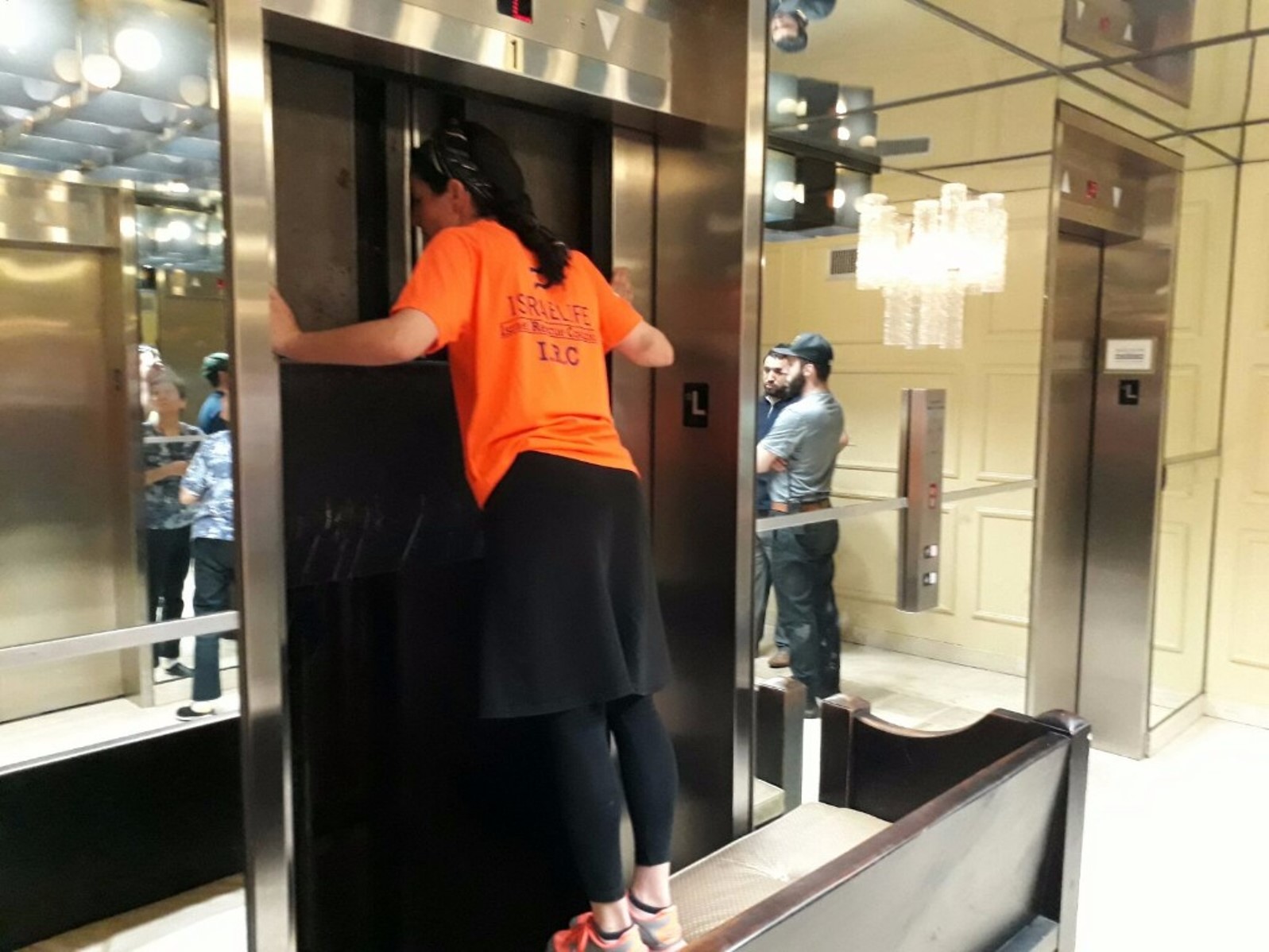
In the Keys, the IRC found many stranded residents like the army veteran, who had opted to stay home despite an evacuation order. The Israelis brought medical assistance, water and food house to house. In one neighborhood they encountered a visitor from Tennessee with no way out, and transported him to safety in Fort Lauderdale.
On September 12, five Israeli volunteers from ZAKA Search and Rescue arrived in Miami after a weeklong clean-up operation in Houston. They joined forces with Jewish relief organization CSE Miami, in coordination with local emergency forces and the North Miami Beach Police.
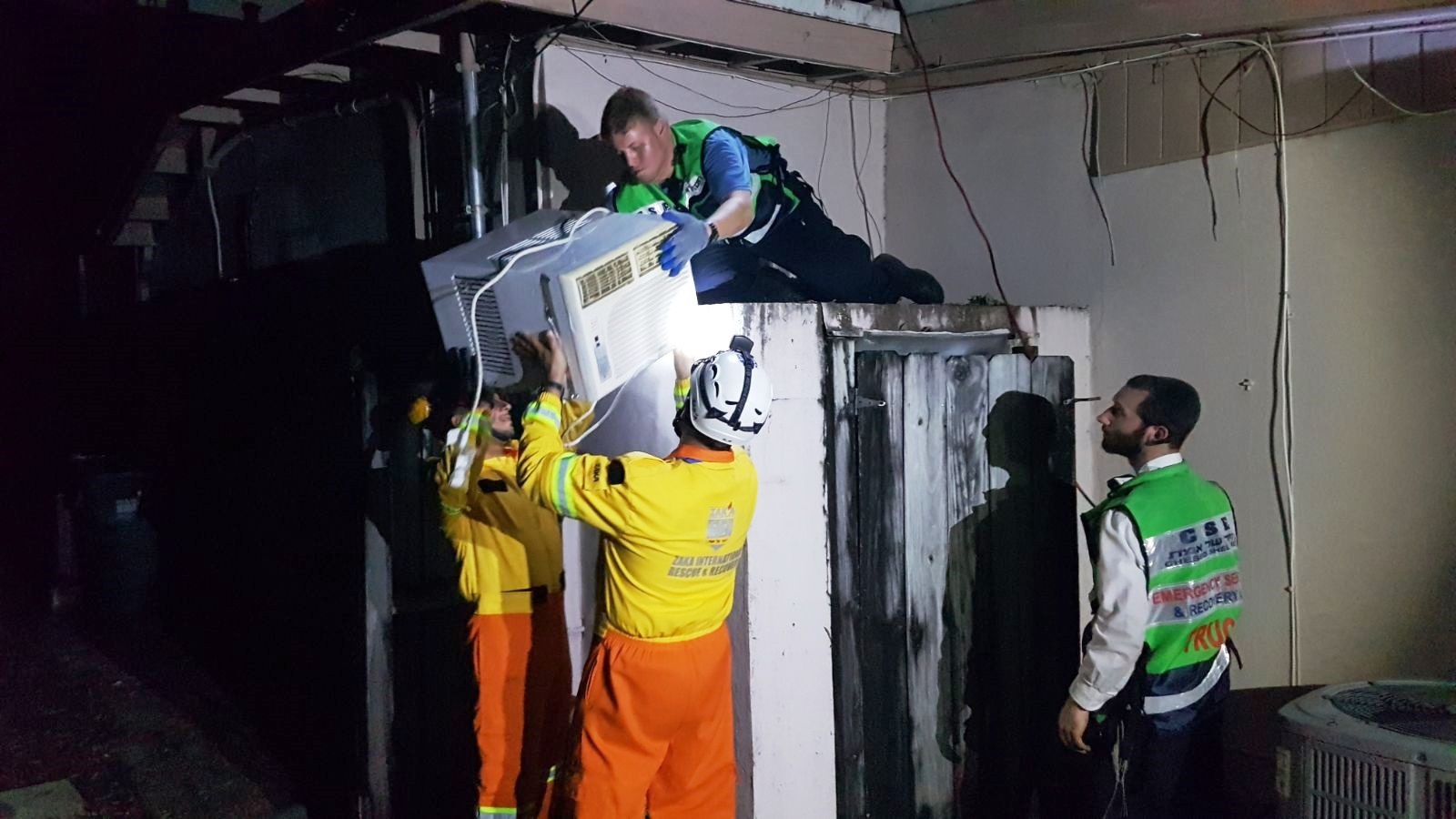
“We are working in the area, which is without power, helping families with sick children and elderly people who were unable to evacuate,” said ZAKA International Rescue Unit Chief Officer Mati Goldstein.
“This is an unbelievable effort. People going from house to house at 1:30 in the morning when everyone else is sleeping, to make sure they are safe,” said North Miami Beach Police Chief Major Richard Rand.




